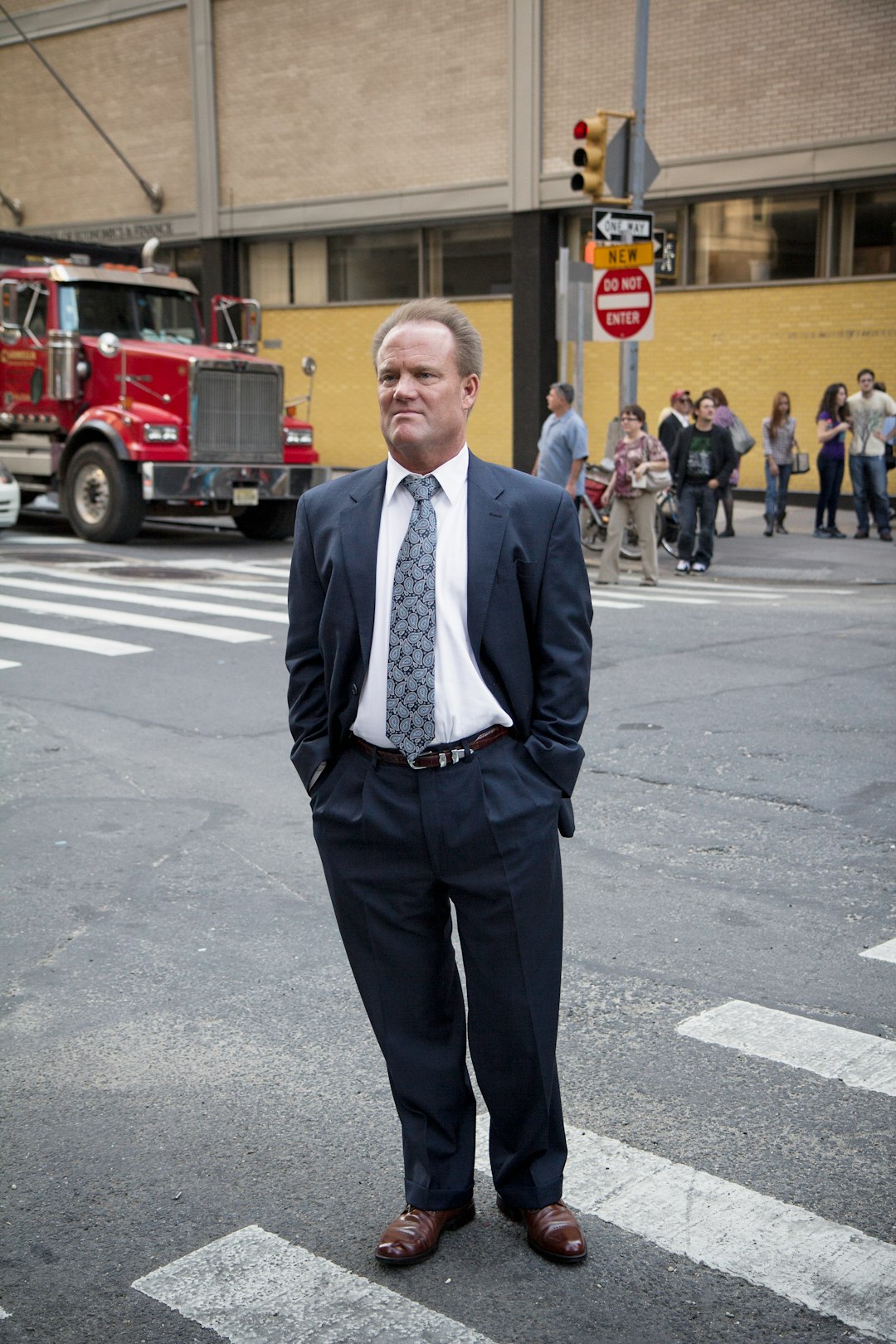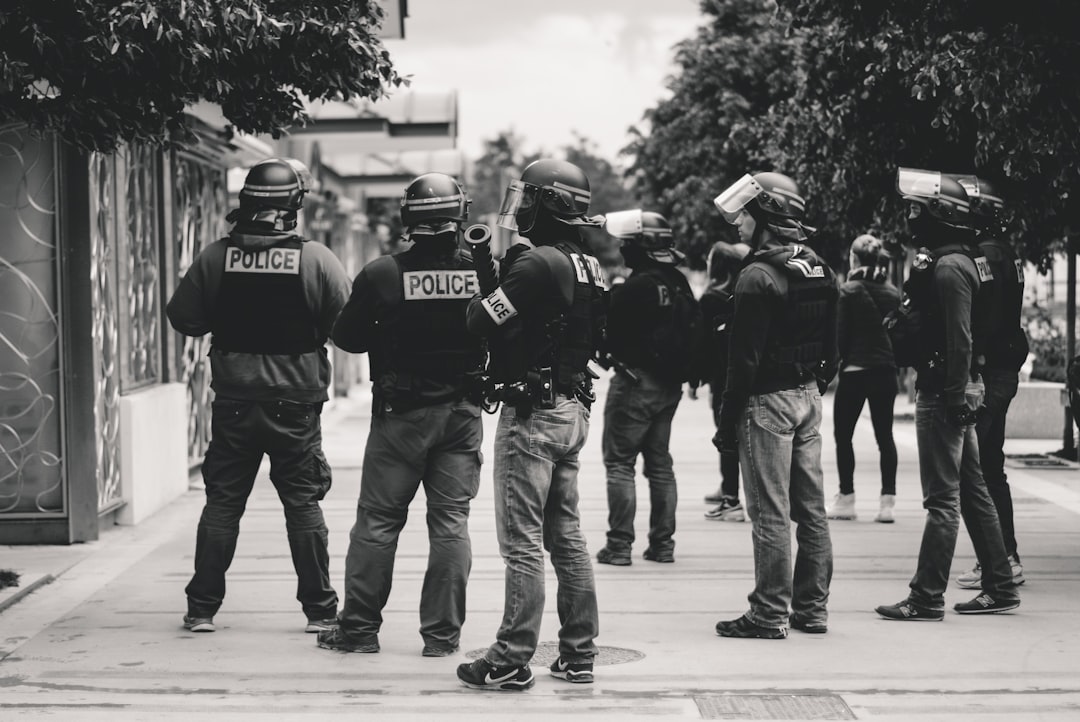There is no one-size-fits-all answer to this question, as the decision of whether or not a felon can be a correctional officer will depend on the specific state in which you reside.
However, we will provide an overview of the general requirements for becoming a correctional officer in the United States, and explain how some states handle felons working in law enforcement.
What are the duties of a correctional officer?
Before we delve into the specifics of felon eligibility, let’s first take a look at what correctional officers actually do on a day-to-day basis.
Correctional officers are responsible for overseeing inmates in prisons and jails, and they also work with parolees and probationers in the community.
They may be responsible for conducting searches, monitoring inmate behavior, and providing security.
What are the requirements for becoming a correctional officer?
The basic requirements to become a correctional officer vary from state to state, but there are some commonalities.
Most states require that you be at least 18 years old and have a high school diploma or equivalent.
You will also likely need to pass a background check and drug test, and may be required to have some experience in law enforcement or security.
Can felons become correctional officers?
Now that we’ve outlined the general requirements for becoming a correctional officer, let’s take a look at how each state handles the issue of felon eligibility.
In most states, convicted felons are automatically disqualified from working as correctional officers.
However, a tiny few may consider factors such as the severity of the offense, the amount of time since it was committed, and whether or not the felon has been pardoned or had their record expunged.
So, can a felon become a correctional officer? It depends on your state.
For more specific information about becoming a correctional officer in your state, we recommend visiting the website of your local Department of Corrections or law enforcement agency.
Alternative careers for felons
If you’re a felon who is interested in a career in law enforcement, but are unsure if you meet the eligibility requirements to become a correctional officer, don’t worry – there are plenty of other options available.
Some alternative careers for felons include:
- security guards
- private investigators
- personal security professionals
- loss prevention specialists
- bounty hunters
Each of these professions typically requires less stringent eligibility requirements than becoming a correctional officer, and maybe a better fit for someone with a criminal record.
If you’re interested in pursuing a career in law enforcement, we recommend contacting your local Department of Corrections or law enforcement agency to learn more about the specific requirements in your area.
Thank you for reading! We hope this article was helpful in answering some of your questions about becoming a correctional officer with a felony record.
FAQ About Law Enforcement Jobs For Felons
Below are some common questions about law enforcement jobs for felons:
Can a felon become a correctional officer?
In most states, convicted felons are automatically disqualified from working as correctional officers. However, there may be a path for felons to pursue a career in law enforcement through alternative careers such as security guard, private investigator, or bounty hunter.
What are the requirements for becoming a correctional officer?
The basic requirements to become a correctional officer vary from state to state, but there are some commonalities.
Most states require that you be at least 18 years old and have a high school diploma or equivalent.
You will also likely need to pass a background check and drug test, and may be required to have some experience in law enforcement or security.
How long does it usually take to become a correctional officer?
It typically takes between 3-6 months and one year to become a correctional officer. This time frame may vary depending on the specific requirements of your state.
Can a felon be a correctional officer in Texas?
In Texas, convicted felons are automatically disqualified from working as correctional officers.
Can a felon be a correctional officer in California?
In California, convicted felons may be eligible to pursue a career in law enforcement through alternative careers such as security guard, private investigator, or bounty hunter.
Can a felon be a correctional officer in Florida?
No, convicted felons are not allowed to work as correctional officers in Florida. In order to become a correctional officer in Florida, you must be a U.S. citizen and have no convictions for a felony involving moral turpitude or for two or more misdemeanors within the past five years.
Can a felon be a correctional officer in Michigan?
Yes, convicted felons are allowed to work as correctional officers in Michigan. Read here for more information.
However, the Michigan Department of Corrections may deny employment to any felon who has been convicted of a felony involving moral turpitude.
How long does it take to become a correctional officer in Indiana?
It takes about two months to become a correctional officer in Indiana. You must first complete an application and then take the CORI (Corrections Officer Recruitment Inventory) test.
What are some of the requirements to become a correctional officer in California?
In order to become a correctional officer in California, you must be at least 18 years old, have a high school diploma or equivalent, and pass a background check.
You must also complete the Correctional Officer Basic Course (COBC) within one year of being hired.
What is the average salary for a correctional officer in Texas?
The average salary for a correctional officer in Texas is $41,000+. However, salaries can vary depending on the level of experience and training of the correctional officer.
What are some of the duties of a correctional officer?
A correctional officer’s duties may include supervising inmates, enforcing rules and regulations, and providing security.
Correctional officers may also be responsible for providing counseling and rehabilitation services to inmates.
What will disqualify you from being a correctional officer in California?
Some things that will disqualify you from being a correctional officer in California include having been convicted of a felony, using illegal drugs within the past year, and having any domestic violence convictions.
How many hours do correctional officers work per week?
Correctional officers typically work 40-hour weeks, but may be required to work overtime or on weekends.
What states do correctional officers make the most money?
Correctional officers make the most money in California, Texas, New York, and Illinois. However, salaries can vary depending on the level of experience and training of the correctional officer.
Are there any specialties within corrections?
Yes, there are several specialties within corrections including juvenile probation officers, parole officers, prison guards, and jailers.
How much does a TDCJ Warden make?
A TDCJ Warden in Texas makes an average salary of $101,000. However, salaries can vary depending on the level of experience and training of the correctional officer.
What are some common misconceptions about correctional officers?
Some common misconceptions about correctional officers include that they are uneducated, do not have families, and work dangerous jobs.
However, correctional officers are highly-educated and many have families. Correctional officers also work in a variety of settings including prisons, jails, and juvenile detention centers.
What are the top 20 states with the highest amounts of correctional officers?
| 1. California 2. Texas 3. New York 4. Illinois 5. Florida 6. Georgia 7. Ohio 8. North Carolina 9. Pennsylvania 10. Tennessee | 11. Virginia 12. Missouri 13. Maryland 14. Michigan 15. Oklahoma 16. Minnesota 17. Wisconsin 18. Arizona 19. Colorado 20 Indiana |
What are the top 20 cities with the highest concentrations of correctional officers?
| Houston, Texas New York, New York Los Angeles, California Baltimore, Maryland Phoenix, Arizona Chicago, Illinois Dallas, Texas Miami, Florida Philadelphia, Pennsylvania Jacksonville, Florida Indianapolis, Indiana San Antonio. Texas Columbus. Ohio | Charlotte North Carolina Memphis Tennessee Fort Worth Texas Boston Massachusetts Milwaukee Wisconsin Seattle Washington San Diego California Austin Texas Detroit Michigan El Paso Texas Nashville Tennessee Albuquerque New Mexico. |






